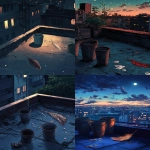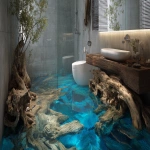Explore the Best AI Image Gallery
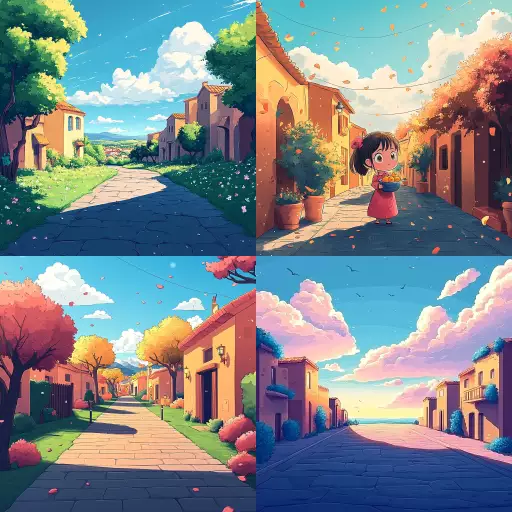
Painted Pixels: AI-Generated Images and the Art Worlds Evolution
The realm of artistic creation is undergoing a profound transformation, fueled by the emergence of artificial intelligence (AI) capable of generating stunningly realistic and imaginative images. This technology, once confined to the realm of science fiction, is now readily accessible, blurring the lines between human and machine creativity and sparking both excitement and debate within the art world.
A New Artistic Frontier
AI-generated imagery harnesses the power of complex algorithms trained on massive datasets of existing artwork. These algorithms learn the patterns, styles, and techniques that define different artistic movements and genres. When prompted with text descriptions or concepts, AI models can produce original images that capture the essence of these inputs, often surpassing human capabilities in terms of technical precision and visual complexity.
Applications Across Creative Industries
- Fine Art: AI is empowering artists to explore new creative avenues, pushing the boundaries of traditional painting and sculpture. Artists are using AI as a tool for experimentation, generating unique concepts and compositions that inspire further development and refinement.
- Design & Illustration: From logos and branding materials to book covers and website graphics, AI is streamlining the design process. Designers can leverage AI to generate variations of existing designs or create entirely new concepts based on specific requirements.
- Advertising & Marketing: AI-generated imagery allows for personalized and dynamic advertising campaigns. Brands can create targeted visuals that resonate with specific audiences, enhancing engagement and impact.
- Entertainment & Gaming: The entertainment industry is embracing AI for creating immersive game environments, realistic character models, and captivating visual effects. AI can generate vast quantities of assets, saving time and resources while enhancing the overall gaming experience.
Ethical Considerations
While the potential of AI-generated imagery is undeniable, its rapid advancement raises important ethical concerns that require careful consideration:
- Copyright & Ownership: Who owns the copyright to AI-generated artwork? The programmer who created the AI, the user who provided the prompt, or the AI itself? This legal grey area necessitates clear guidelines and regulations.
- Bias & Representation: AI models are trained on existing datasets, which may contain inherent biases that reflect societal prejudices. This can result in AI-generated imagery perpetuating harmful stereotypes and lacking diversity.
- Authenticity & Deception: The ability to create hyperrealistic images raises concerns about the potential for misuse, such as generating deepfakes or manipulating visual information for malicious purposes. It is crucial to develop methods for detecting and addressing such instances.
Future Trends
The evolution of AI-generated imagery is poised to continue at an accelerated pace. We can anticipate:
- Increased Personalization: AI will enable users to create highly customized artwork tailored to their specific preferences and visions.
- Enhanced Interactivity: AI-generated images will become more interactive, responding to user input and creating dynamic visual experiences.
- Integration with Other Technologies: AI will seamlessly integrate with other emerging technologies, such as virtual reality and augmented reality, to create immersive and engaging artistic environments.
The future of art is undoubtedly intertwined with the advancements in AI. While navigating the ethical complexities that arise from this convergence, it is essential to embrace the potential of AI to expand creative boundaries, empower artists, and enrich our visual culture.
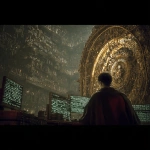
](https://images.ai-img.art/thumbnails/150/8fd5788e152269ccc7eeb4a5287499cc5f55ca46d75afc237030f50a1b60c6ca.webp)
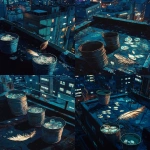
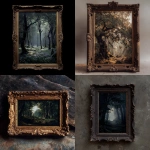
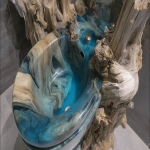
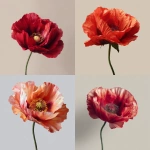
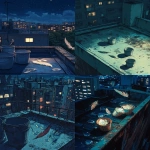
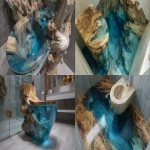
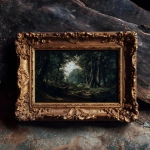
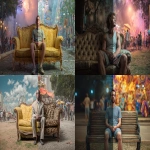
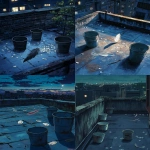
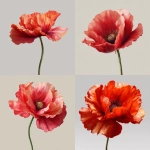
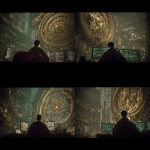
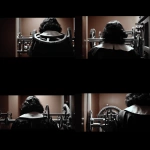
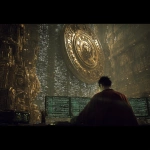
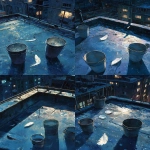
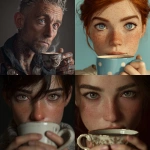
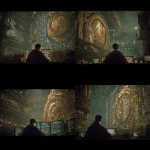
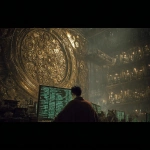
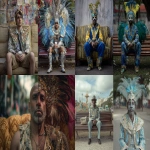
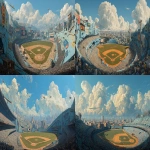
](https://images.ai-img.art/thumbnails/150/786d3898a4574da9c53e922bd2a30035084a90a9a6f5cc6bee514d0150ba3403.webp)

](https://images.ai-img.art/thumbnails/150/24ccaad8968bce75611aa4ff739695d61b7d06bd128d44cfbb3a6c46be30ed33.webp)
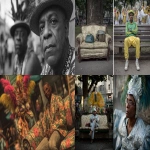
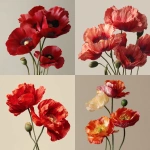
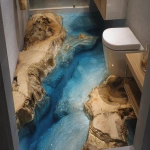
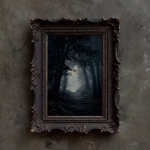
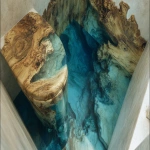
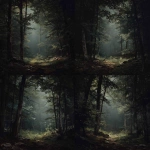
](https://images.ai-img.art/thumbnails/150/7889b264cc5c27f6b7a00af1767a689c9df2b49d36667764d8322ae0c0fed64a.webp)
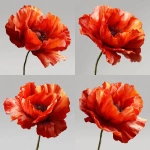
](https://images.ai-img.art/thumbnails/150/0d2c5ff24ca9024b95b5f0d1d0e673146e5dd5f31c7b3a7092322afe4a3c46eb.webp)
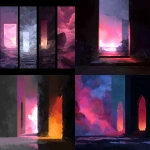
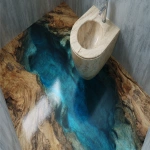
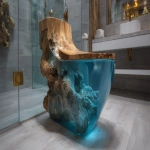
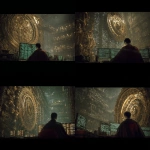
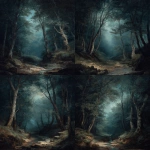
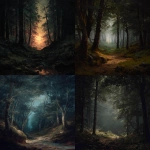
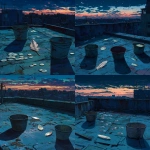

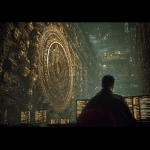
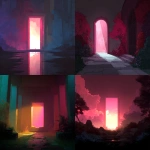
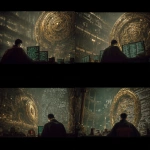
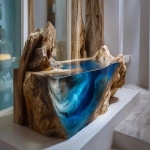
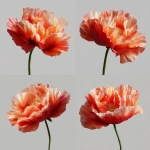
](https://images.ai-img.art/thumbnails/150/69daab74527edc292198788487e2d0d5f1bb1aba897d85b79ff4015ea305631d.webp)
